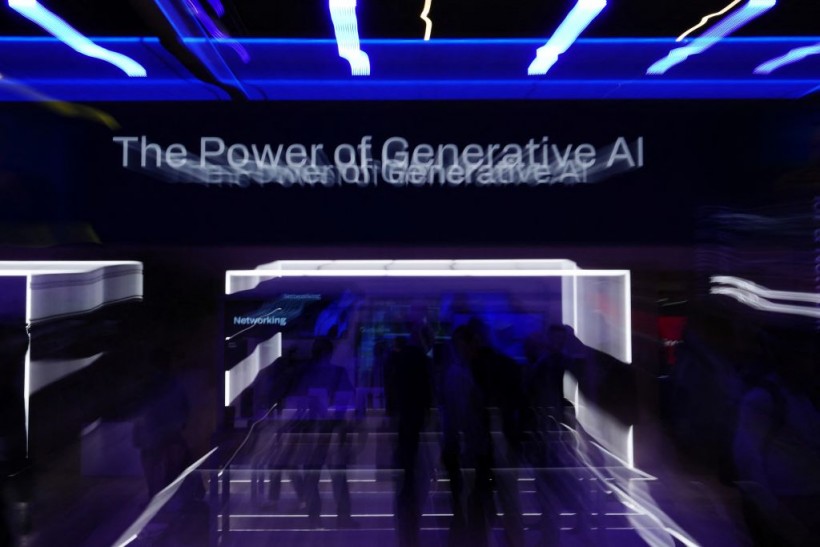A recent survey conducted by INSEAD indicates that generative AI (GenAI) is already widely used by most executives, contradicting common fears about job displacement due to the technology's emergence.
The survey, which gathered responses from over 1,200 INSEAD alumni spanning various industries and geographical locations, sheds light on the prevailing sentiments toward AI adoption.

GenAI Adoption in the Business Sector
Despite apprehensions surrounding AI's potential to disrupt traditional employment structures, the survey reveals notable enthusiasm among employees and business leaders alike for GenAI's transformative capabilities.
Approximately two-thirds of respondents reported incorporating GenAI into their personal and professional spheres, indicating a widespread embrace of the technology.
Interestingly, the survey underscores a shift in concerns regarding AI's impact, with respondents expressing more apprehension about potential misuse rather than job displacement.
Associate Professor Jason P. Davis of INSEAD emphasizes the significance of the survey in providing insights into leaders' perspectives on AI technology.
By gauging the utilization and attitudes towards GenAI, the survey offers insight into its trajectory across industries and regions.
The global representation of INSEAD alumni enabled researchers to examine perceptions across diverse sectors and geographic locations.
Findings indicate a substantial uptake of generative technologies in business operations, with over half of respondents reporting the current utilization of GenAI within their organizations.
Moreover, a significant proportion expressed intentions to integrate GenAI shortly, highlighting a growing trend towards AI adoption.
Variations in attitudes towards AI adoption were observed across industries and regions. While respondents worldwide exhibited enthusiasm for GenAI, disparities were noted among those in Europe, who displayed greater skepticism towards new technologies and concerns regarding digital privacy.
AI in the Healthcare Sector
The healthcare sector is also emerging as a focal point for AI integration, with a notable shift in physicians' attitudes towards GenAI.
A recent survey conducted by Wolters Kluwer Health revealed that a significant percentage of physicians are prepared to leverage GenAI in patient interactions, citing potential benefits such as improved care team interactions, time savings, and enhanced decision-making processes.
However, despite a growing acceptance of GenAI in healthcare, physicians emphasize the importance of transparency and reliability in AI applications. Trustworthiness and transparency regarding the sourcing and creation of AI-generated information are paramount considerations for healthcare professionals.
While physicians anticipate numerous advantages of GenAI integration, a perception gap exists between healthcare providers and consumers regarding its adoption.
Patients exhibit varying levels of trust and apprehension towards AI-generated results despite physicians viewing GenAI as a valuable tool for clinical decision-making.
Read more about this story here.
Related Article: Amazon Introduces AI-Powered Product Page Creation Tool for Sellers, Streamlining Listing Process with External Links






